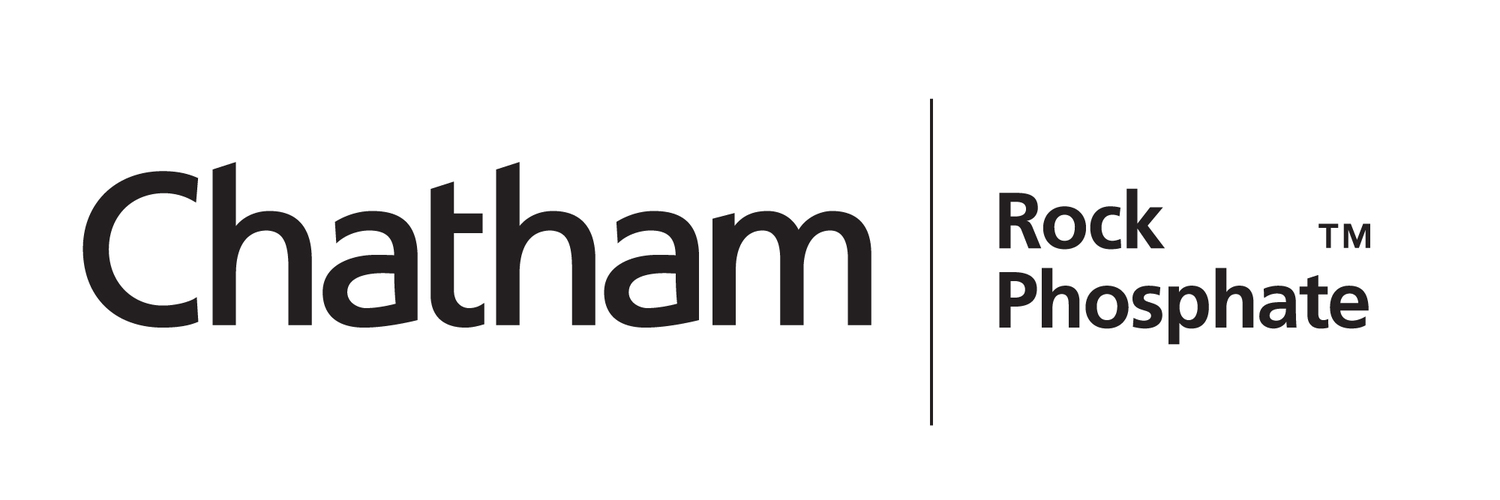Media Coverage: Govt watchdog to investigate EPA charges
/The following article appeared in the news outlet insideresources.co.nz to read in it's original form click here.
Article text:
The Environmental Protection Authority (EPA)’s cost recovery practices will be investigated by an independent government watchdog following complaints from a seabed mining company.
The Office of the Ombudsman will formally investigate Chatham Rock Phosphate’s complaint that it was unlawfully charged $800,000 by the EPA during hearings for its marine consent application.
Chatham Rock is refusing to pay the fees on the grounds they do not meet the 'reasonable' standard required under the Exclusive Economic Zone and Continental Shelf Act. It also believes it has grounds for a judicial review.
In early December the EPA launched legal action to recover the money in the form of a summary judgment of costs. At the time Chatham Rock advised it will challenge the action and subsequently requested the Ombudsman formally investigate the charges.
The requested scope of the Ombudsman’s investigation is to examine the EPA's cost recovery practices for its marine consent process. This includes the withholding of information from Chatham Rock which the company says was relevant to whether some of the charges were legal.
After providing further information and clarifying other matters the Ombudsman is satisfied there are grounds for an investigation. Chatham Rock has welcomed the decision.
Dispute
The announcement of an investigation comes as affidavits are being filed for the summary judgment, with the first hearing set to begin in the first week of March.
On 3 February EPA chief executive Allan Freeth told a Parliamentary select committee the authority is confident in the court action it is taking and the legitimacy of its costs regime.
Chatham Rock has already paid $1.86 million in costs invoiced to it by the EPA for processing its failed marine consent application.
However it says the remaining $800,000 includes things that should come from the EPA’s own overheads. This includes travel costs for EPA staff and decision making committee members to attend hearings. Hiring audio visual equipment, and paying for callout and repairs when it broke down, are also among the disputed charges. Chatham Rock says for others the EPA simply failed to provide justifying information, even when requested. These range from incorrect expense claims, hotel charges for contractors that included alcohol, and the EPA continuing to pass on costs to Chatham Rock after exceeding its own budget forecasts.
Similar frustrations have been expressed by Trans-Tasman Resources, which had its application to mine for ironsands in the South Taranaki Bight rejected, though the company declined to take legal action.







 +64 21 5581985
+64 21 5581985 chris@crpl.co.nz
chris@crpl.co.nz PhosphateKing
PhosphateKing